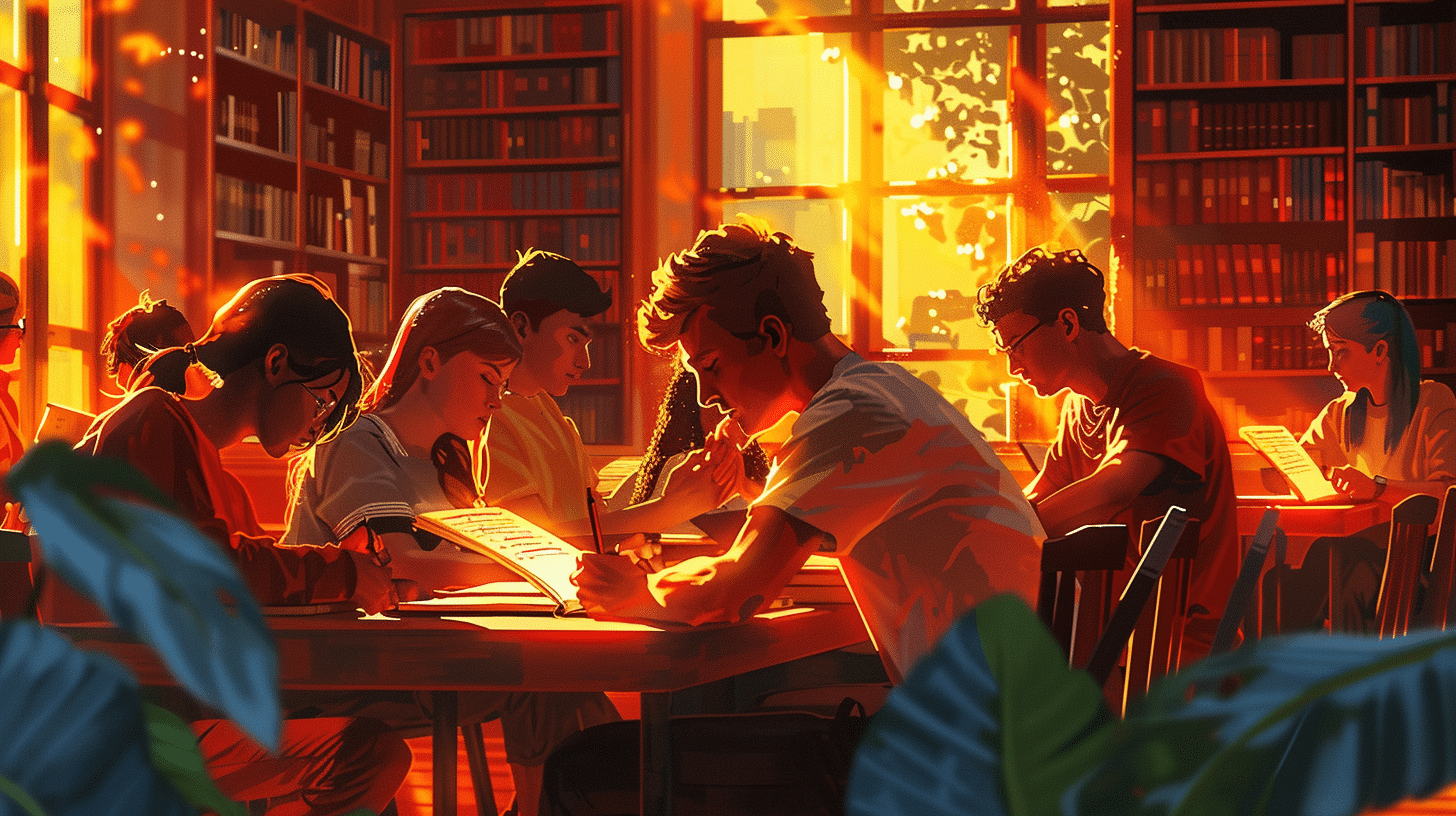Pick a language and start learning!
Comparative forms of adjectives Exercises in Polish language

Mastering the comparative forms of adjectives in Polish can significantly enhance your language proficiency and allow you to express comparisons with ease. In Polish, adjectives take different forms to indicate varying degrees of comparison, such as expressing that one object is bigger, smaller, better, or worse than another. Understanding these forms is crucial for clear and accurate communication, whether you're describing people, places, or things. This section offers a series of grammar exercises designed to help you practice and internalize the rules governing the comparative forms of Polish adjectives.
Polish comparative adjectives typically involve adding specific suffixes to the adjective or making other modifications. For example, the adjective "wysoki" (tall) becomes "wyższy" (taller) in its comparative form. Additionally, some adjectives have irregular comparative forms that must be memorized. Through a variety of engaging exercises, including fill-in-the-blanks, sentence transformation, and multiple-choice questions, you'll gain the practice needed to use these forms confidently in conversation and writing. Dive into the exercises to strengthen your understanding and application of Polish comparative adjectives.
Exercise 1
<p>1. The skyscraper is *wyższy* than the church (adjective meaning "high").</p>
<p>2. Her car is *szybszy* than mine (adjective meaning "fast").</p>
<p>3. This book is *ciekawsza* than the movie (adjective meaning "interesting").</p>
<p>4. My dog is *mniejszy* than my cat (adjective meaning "small").</p>
<p>5. The new restaurant is *lepszy* than the old one (adjective meaning "good").</p>
<p>6. This test was *trudniejszy* than the last one (adjective meaning "difficult").</p>
<p>7. Winter is *zimniejsza* than summer (adjective meaning "cold").</p>
<p>8. Her hair is *dłuższe* than mine (adjective meaning "long").</p>
<p>9. My brother is *starszy* than me (adjective meaning "old").</p>
<p>10. This street is *szersza* than the previous one (adjective meaning "wide").</p>
Exercise 2
<p>1. Mój brat jest *wyższy* ode mnie (tall).</p>
<p>2. Ta książka jest *ciekawsza* niż tamta (interesting).</p>
<p>3. Moja siostra jest *starsza* ode mnie (old).</p>
<p>4. Ten film jest *lepszy* niż poprzedni (good).</p>
<p>5. Ania jest *szczęśliwsza* od Piotra (happy).</p>
<p>6. Mój samochód jest *szybszy* niż twój (fast).</p>
<p>7. Ten egzamin był *łatwiejszy* niż ostatni (easy).</p>
<p>8. To mieszkanie jest *większe* niż moje (big).</p>
<p>9. Twój pomysł jest *gorszy* niż mój (bad).</p>
<p>10. Ta restauracja jest *droższa* od tamtej (expensive).</p>
Exercise 3
<p>1. Moja nowa książka jest *ciekawsza* niż ta, którą czytałem wczoraj (interesting).</p>
<p>2. Ten samochód jest *szybszy* od tamtego (fast).</p>
<p>3. Julia jest *młodsza* od swojej siostry (young).</p>
<p>4. Ten film jest *dłuższy* niż poprzedni (long).</p>
<p>5. Ta sukienka jest *ładniejsza* niż tamta (pretty).</p>
<p>6. Ten egzamin był *trudniejszy* niż myślałem (difficult).</p>
<p>7. To mieszkanie jest *większe* od naszego starego (big).</p>
<p>8. Ten pies jest *grubszy* niż kot (fat).</p>
<p>9. Nowa restauracja jest *tańsza* niż ta, do której chodziliśmy wcześniej (cheap).</p>
<p>10. Góry są *wyższe* od pagórków (high).</p>







